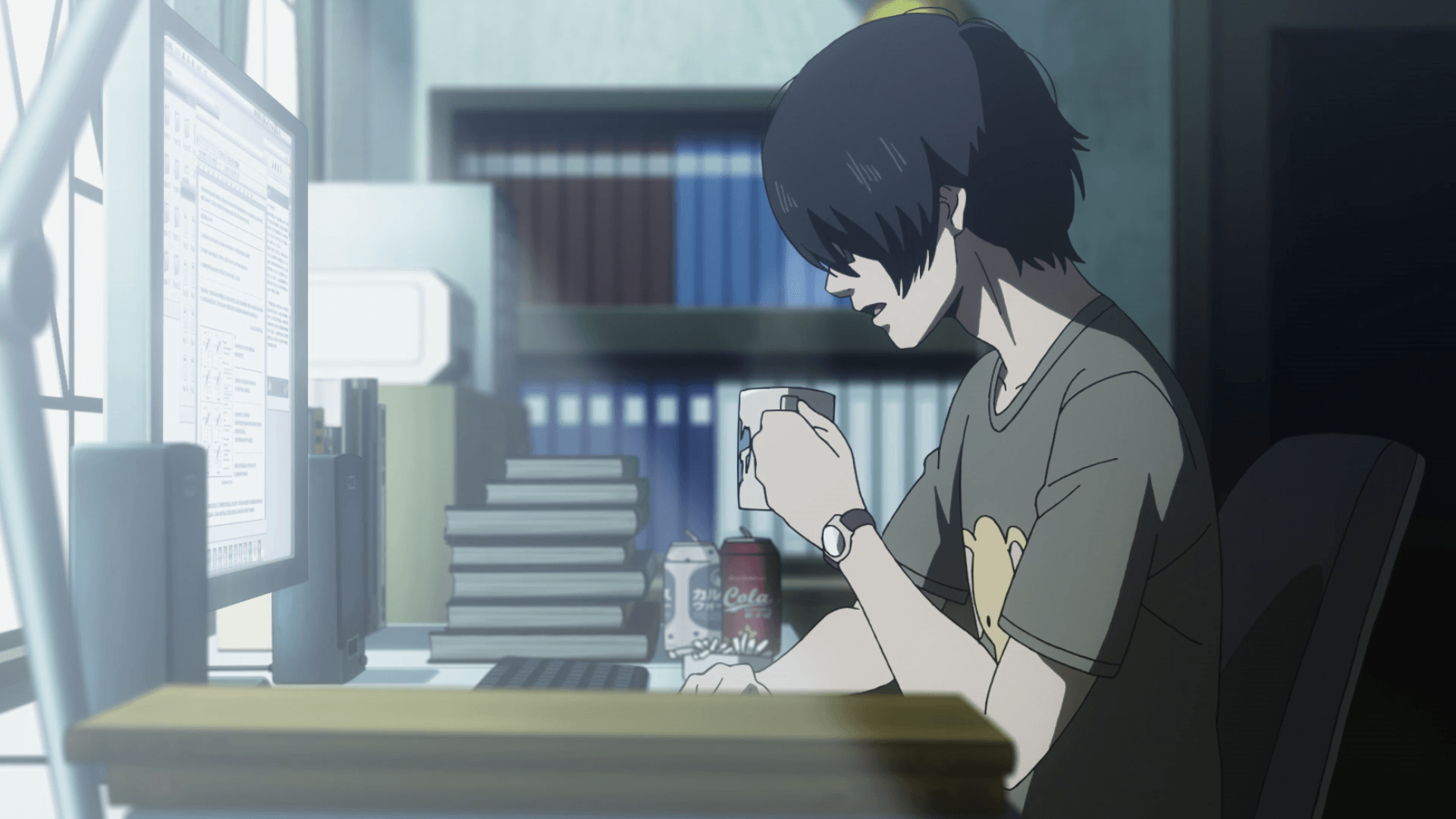You step off the plane in the fabled City of Light. Paris. What do you do first? Find a cab? Book a hotel room? Jump in and visit the Louvre?
If you are Japanese, your first visit may just well be the hospital.
 Between 12 and 20 Japanese tourists each year are overwhelmed by Paris . They are not overwhelmed by its beauty or art. These tourists are overwhelmed by the realities of Paris: crime, rudeness, obesity, filth, and other realities of urban life. Tourists are felled by delusions, hallucinations, dizziness, sweating, and even complete psychological break down (Chrisafis, 2006; Wyatt, 2006; Fagan, 2011).
Between 12 and 20 Japanese tourists each year are overwhelmed by Paris . They are not overwhelmed by its beauty or art. These tourists are overwhelmed by the realities of Paris: crime, rudeness, obesity, filth, and other realities of urban life. Tourists are felled by delusions, hallucinations, dizziness, sweating, and even complete psychological break down (Chrisafis, 2006; Wyatt, 2006; Fagan, 2011).
Paris Syndrome was first observed by Hiroaki Ota (Mail on Sunday, n.d; Bremner, 2004; Wyatt, 2006). It is such a problem that the Japanese embassy in France offers a 24-hour hotline to help those experiencing severe culture shock.
Paris Syndrome appears to be rooted in expectation. Japanese media often portrays Paris as an ideal place (Fagan, 2011). Heck, we see the same here in the States. Paris is the City of Love, the place for romance and beautiful people. However, when you get there, you quickly learn it is a city like any other with its own share of problems and rude people. Fagan (2011) relates how Parisians are especially unaccommodating to foreigners. Well, if you consider how Parisians are expected to be this ideal people, it is somewhat understandable. However, the difference between expectation and reality can hit some people especially hard.
Many people consider Paris Syndrome to be overblown (Bremner, 2004). However, Paris Syndrome is not completely unique. According to Halim (n.d.), there are many city-syndromes out there. Paris Syndrome is only unique in how it seems to affect only the Japanese. Other cities like Florence and Jerusalem can trigger similar symptoms and psychotic episodes. The common thread seems to be expectation. In each of the recorded city-syndromes, people have high expectations and then have problems whenever reality or culture shock hits them (Halim, n.d.). For example, Parisians rudeness would annoy us in the States, but we are accustomed to rudeness, crime, and other things. However, the Japanese are accustomed to a polite, helpful society – not to idealize Japanese society, by the way (Wyatt, 2006). So, the contrast can come as a severe shock to those who have high expectations for Paris. Many of these victims are women (Wyatt, 2006).
Media is partially to blame for the problem (Fagan, 2011). Popular media whitewashes cities and other things to the point where they become almost as idealized as heaven. I’m sure you have experienced disappointment over a movie, anime, video game, or place because it did not match the hype. Hype leads to disappointment.


Paris Syndrome gives us a lesson in how we consider things. Expectations exist in our minds; reality cannot meet expectation. Hype often creates disappointment. The lesson? It is better not to expect anything or let hype get to us. It is fine to be excited about something. I get excited about each new Legend of Zelda release. However, it is best to keep excitement contained. High emotions naturally lead to a deep crash. Lower emotions lead to low crashes, if you crash at all. It is best to keep your emotions and expectations under control. This allows you to enjoy your next trip to Paris or to Japan rather than end up in a hospital.
References
Bremner, C. (2004). The culture shock that puts victims in hospital. Times, The (United Kingdom).
Chrisafis, A. (2006). Paris Syndrome hits Japanese. The Guardian.
Fagan, C (2011). Paris Syndrome: a first class problem for a first-class vacation. The Atlantic. http://www.theatlantic.com/health/archive/2011/10/paris-syndrome-a-first-class-problem-for-a-first-class-vacation/246743/
Halim, N (n.d.) Mad Tourists: the “vectors” and meanings of city-syndromes.
Mail on Sunday. (2014). The A to Z of Unusual Ailments. Mail on Sunday. p. 79.
Wyatt, C. (2006). Paris Syndrome Strikes Japanese. BBC News http://news.bbc.co.uk/2/hi/europe/6197921.stm



